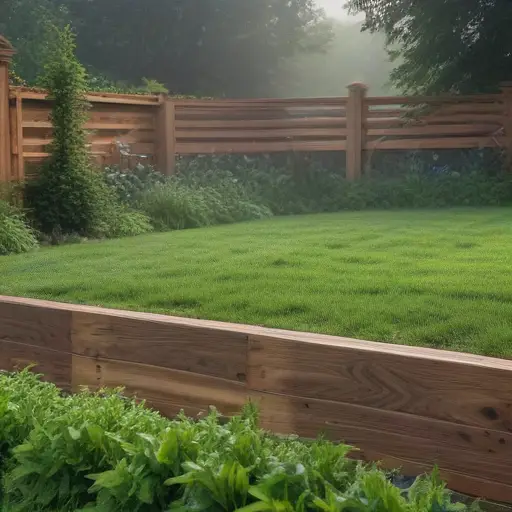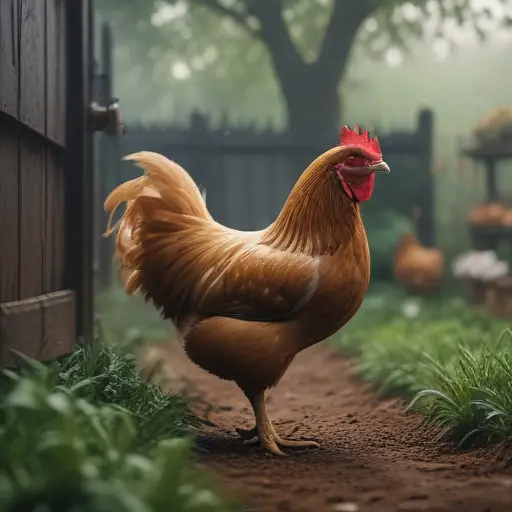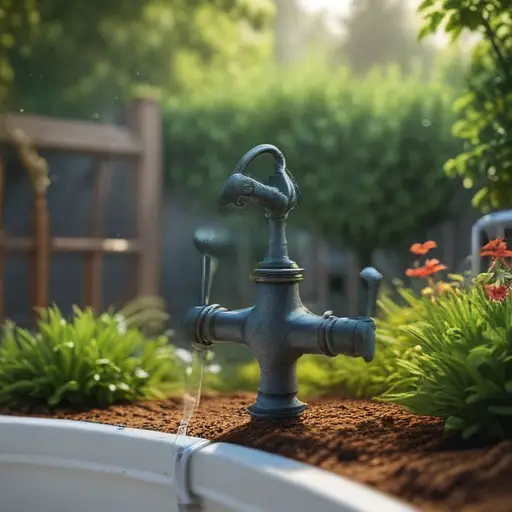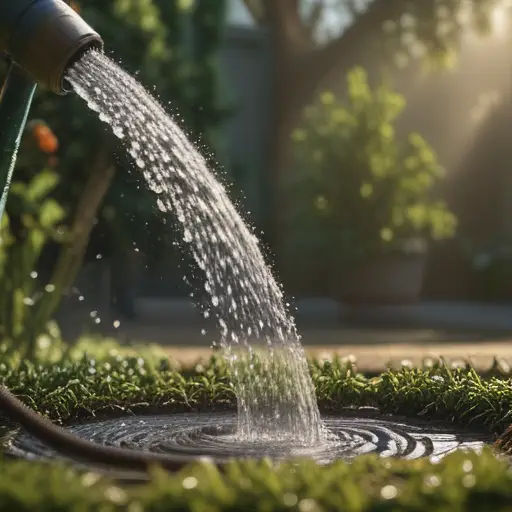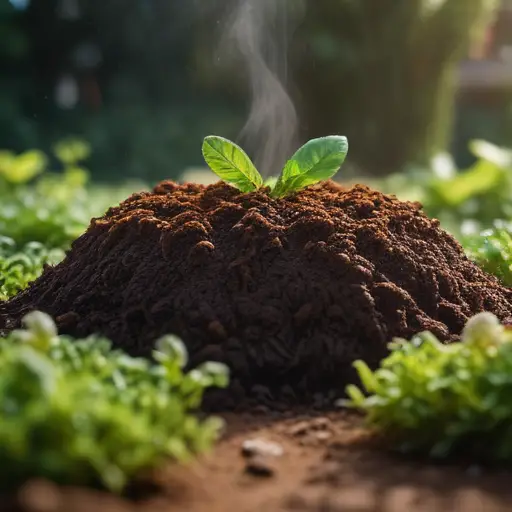Best Types of Wood for Garden Beds
Choosing the Best Wood
When it comes to choosing the best wood for your garden bed, you want to make sure you pick a sturdy and long-lasting option. Cedar is a popular choice due to its natural resistance to rot and insects, making it a low-maintenance option for your outdoor space. Redwood is another great option, known for its durability and attractive appearance. If you’re feeling fancy, you could opt for a tropical hardwood like teak or ipe, but be prepared to pay a premium for these luxurious options. Ultimately, the best wood for your garden bed will depend on your budget, aesthetic preferences, and how much maintenance you’re willing to put in. Just remember, no matter what wood you choose, make sure it’s sustainably sourced to help protect our planet’s precious resources.
Sustainable Options for Garden Beds
Cedar wood is a popular choice for garden beds because it is naturally resistant to rot, decay, and insect damage. This means that cedar garden beds can last for many years without needing to be replaced, making them a durable and cost-effective option for gardeners. Additionally, cedar wood has a pleasant aroma and a beautiful natural color, adding to the aesthetic appeal of the garden bed.
When considering sustainable options for your garden bed, look for wood that is certified by organizations like the Forest Stewardship Council (FSC) or sourced from reclaimed materials. Bamboo is a rapidly renewable option that grows quickly and can be harvested without harming the environment. Locally sourced wood from responsibly managed forests is also a great eco-friendly choice. Recycled plastic lumber is another alternative that is durable, weather-resistant, and made from recycled materials. By choosing sustainable materials for your garden bed, you can create a beautiful outdoor space while minimizing your environmental impact.
Rot-Resistant Woods for Longevity
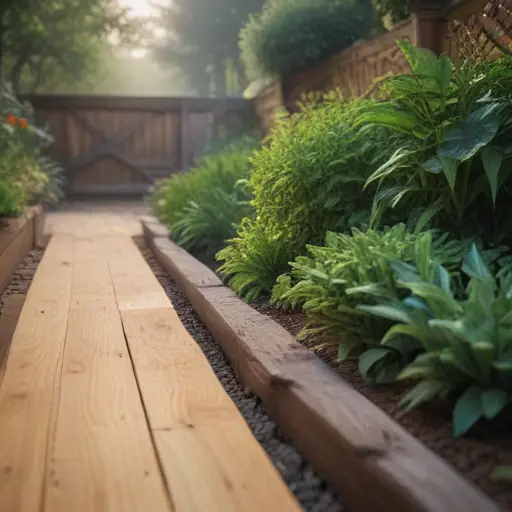
When it comes to building a garden bed that will stand the test of time, selecting rot-resistant woods is essential. Cedar is a popular choice due to its natural oils that help protect it from decay and insect damage. Redwood is another excellent option known for its durability and resistance to rot, making it a long-lasting choice for outdoor projects. Teak is a tropical hardwood that is highly resistant to rot and decay, making it a luxurious but durable option for garden beds. If you’re looking for a more budget-friendly option, consider using pressure-treated lumber, which has been treated with chemicals to resist rot and decay, although it’s important to ensure that the treatment is safe for use in a garden setting.
Another rot-resistant wood to consider for your garden bed is cypress, which contains natural oils that make it resistant to decay and insect damage. White oak is another durable option that is naturally resistant to rot and decay, making it a great choice for outdoor projects that require longevity. Black locust is a hardwood that is known for its resistance to rot and decay, making it a popular choice for garden beds and outdoor furniture. For a more sustainable option, consider using reclaimed or salvaged wood, which not only adds character to your garden bed but also helps reduce waste and minimize environmental impact.
When selecting rot-resistant woods for your garden bed, it’s important to consider the specific conditions of your garden, such as moisture levels and exposure to the elements. Properly sealing and maintaining your wood can also help extend its lifespan and keep it looking great for years to come. By choosing rot-resistant woods for your garden bed, you can ensure that your outdoor space remains beautiful and functional for many seasons, without the worry of decay or deterioration.
Budget-Friendly Wood Choices for Gardening
Cedar wood is a popular choice for garden beds because it is naturally resistant to rot, decay, and insect damage, making it a durable and long-lasting option for outdoor use.
If you’re looking for budget-friendly wood choices for your garden bed, consider using pine or fir. These softwoods are readily available and cost-effective options that can be easily sourced from local lumber yards or home improvement stores. While pine and fir may not be as durable or rot-resistant as hardwoods like cedar or redwood, they can still be a practical choice for garden beds with proper maintenance and treatment. Another affordable option is pressure-treated lumber, which is treated with chemicals to resist rot and decay, making it a cost-effective choice for those on a budget. By selecting budget-friendly wood choices for your garden bed, you can create a functional and attractive outdoor space without breaking the bank.

